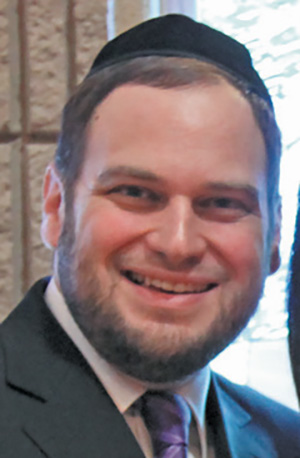
It was one of the first funerals that I attended. The rebbetzin of our shul, the Young Israel of Bensonhurst, passed away. Rebbetzin Schwartz, z”l, had been sick for some time, and we were regularly reciting Tehillim on her behalf in shul. My rabbi, Rabbi Elias Schwartz, shlit”a, began the eulogy for his wife by saying that he wanted to speak to his grandchildren. His words impacted me in a very powerful way, and helped formulate my own understanding of our relationship with Hashem.
He said to them that when a child walks by an ice cream store while holding his parent’s hand, he generally nudges his parent to buy him ice cream. The parent, he explains, will sometimes agree, but at other times may say no. The child will most probably be disappointed, angry and frustrated at being turned away from ice cream. He most certainly cannot understand the parent’s reasoning for saying no, certainly at the moment of disappointment, if ever.
Rabbi Schwartz was sending a message to his grandchildren about faith and our connection with Hashem, our Father in Heaven. His message was clear: despite all of the davening offered on behalf of his wife, their grandmother, Hashem responded “no” for whatever reason. It was important that the grandchildren understood that Hashem loves them like a father, despite the fact that their prayers were not answered as they wished. A father has reasons that as children we may not always understand, yet his love knows no bounds.
The pasuk of Shema Yisrael, which we recite three times a day, is found in the parsha of Va’etchanan. The Alshich explains that both names that we use to refer to Hashem are found in the pasuk. Hashem, we are taught, is the name used to represent the trait of mercy. Elokim (Elokeinu) is the name used to represent the trait of judgment. Both names are mentioned in the pasuk in order to stress to us that whether Hashem has mercy upon us, or acts with judgment, we commit ourselves to loving Him. At times in life this idea may be difficult to swallow. It is our challenge to understand that Hashem loves us even when we have moments of pain and struggle. Let’s try to keep this important thought in mind as we recite Shema regularly.
Rabbi Eliezer Zwickler is rabbi of Congregation AABJ&D in West Orange, NJ, and is a licensed clinical social worker in private practice. Rabbi Zwickler can be reached at [email protected].










